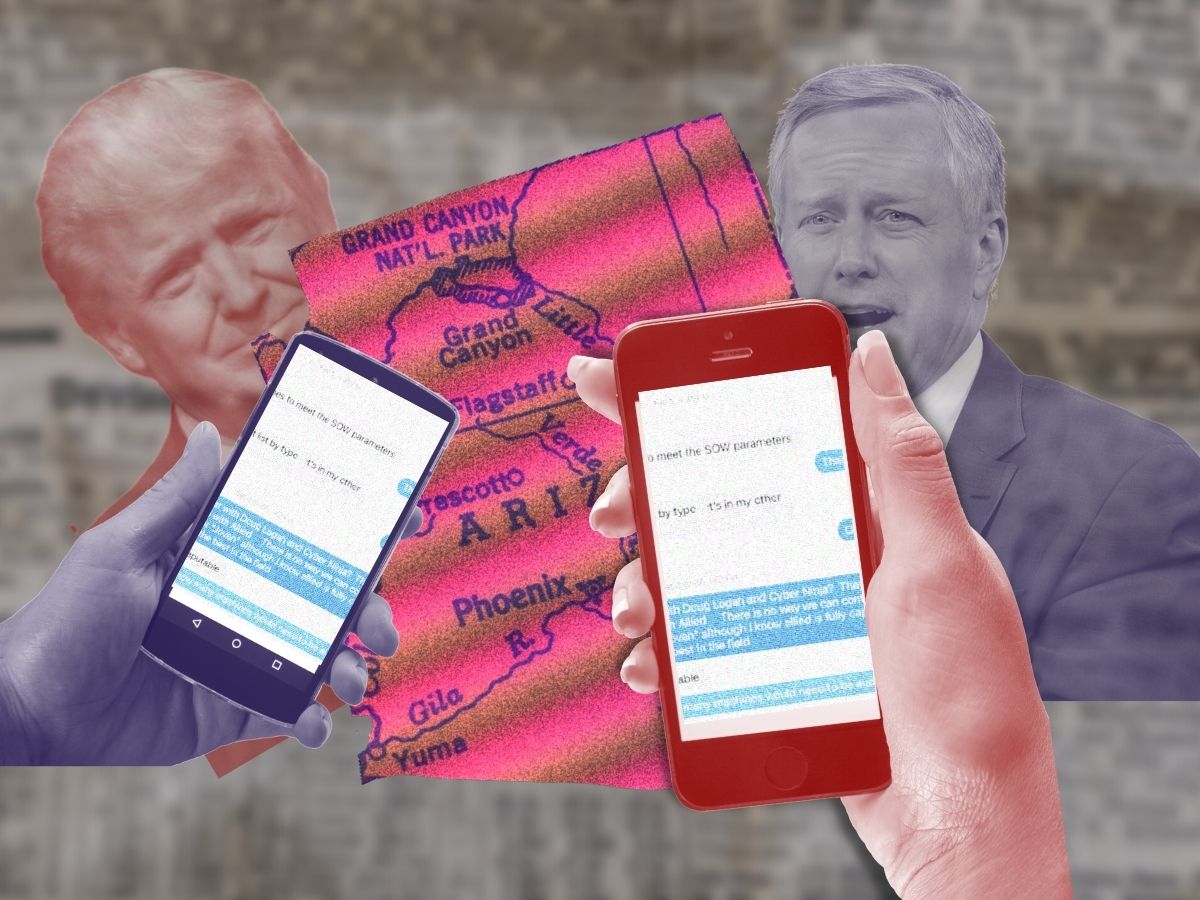
Attacks on Voting Rights in Arizona
Lawmakers in Arizona have introduced a slew of bills that could make it harder for citizens to exercise their right to vote, including many restrictions on early and absentee voting. American Oversight is seeking information about the origins and effects of these proposals.

The 2020 election saw record turnout despite a deadly pandemic — but instead of embracing this civic victory, state legislators across the country have responded with legislation intended to make voting harder. Such is the case in Arizona, where lawmakers have introduced bills that include voting restrictions.
Legislative pushes to curtail the vote popped up across the country during the first months of 2021, with hundreds of bills restricting access introduced in January and February alone. Arizona is leading the charge, with proposals to restrict early and mail-in voting and even to allow the Legislature to overrule state election results and choose its own slate of presidential electors.
Multiple proposed voting restrictions seek to make it harder to vote absentee. For example, SB 1069 would purge names of people who don’t vote frequently from the state’s permanent early voting list, which determines who automatically receives a ballot by mail. Another would eliminate that early voting list altogether. Yet another would require the envelopes of mail-in ballots to be notarized.
Even the bills that stand less of a chance of becoming law are detrimental to democracy, as they provide fuel for the lie of widespread voter fraud — a lie that supporters of former President Donald Trump leaned on to claim the election was “stolen,” and one that continues to be used to justify the disenfranchisement of thousands.
American Oversight seeking records from more than a dozen Arizona lawmakers connected to such anti-democratic proposals, including impact analyses of new bills and communications between bill sponsors and external parties, such as True the Vote and the Public Interest Legal Foundation, that are tied to voting-restriction efforts.








